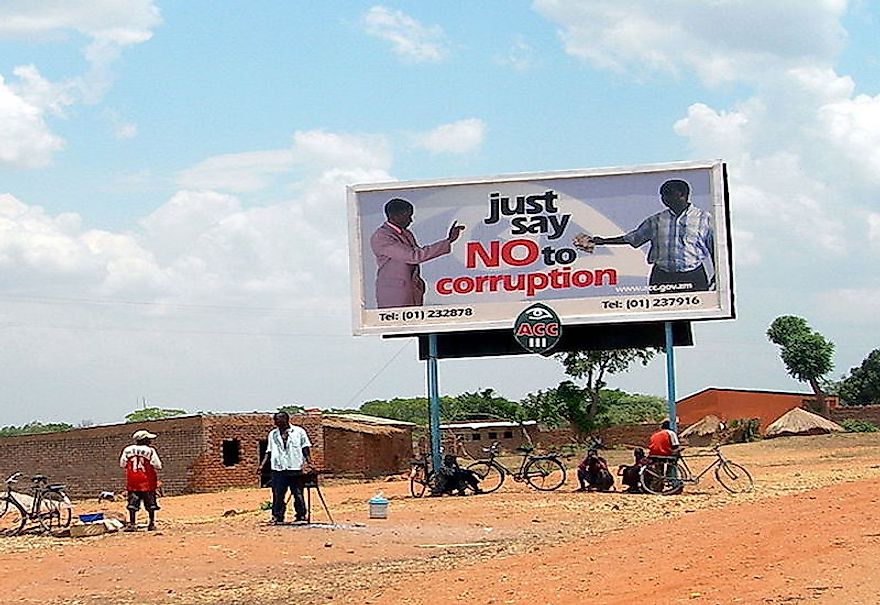Under The Table Payments To Public Officials - Global Prevalence

High Rates Of Corruption Reflected In Under The Table Payment Practice
Corruption is one of the growth impediments in most of the economies around the world. The governments lose billions of dollars annually through corrupt deals and under deal payments. According to the Transparency International, corruption is rampant especially in the developing economies of Africa and Asia. One of the common forms of corruption employed by both the government officials and businesspeople is the under the table payment. Under the table, payment involves illegal payments to the public officials to access government services. In most cases, there is no official receipt to show the payment since the payment ends up in the individual’s pocket.
Factors Contributing To Under The Table Payment
Though there are laws guiding the public finance and payment for public service, some public officials and firms still engage in under the table payment for services offered by the government. Almost 32.1% of the firms in East Asia and the Pacific have made under the table payments to public officials to get things done while 25.5% of their counterparts in South Asia have also given unofficial payments for similar services to the public officials. In Sub-Saharan Africa, 23.9% of the firms have also acquired the services of the public officials through illegal payments. These illegal payments are mainly made to speed up the process such as business registration process, license processing, tax clearance and other compliance requirements by the government. Other firms facing non-compliance charges also make the table payments to avoid paying for huge fines and charges. Under the table, payment thrives in these countries because of the weak legal system and framework that are also managed by the corrupt public officials. In East Asia and the Pacific, the existing laws have not been enacted by the relevant authorities making this illegal payment to flourish.
Implications Of Informal Payments
Under the table payment has significantly lowered government revenues in most of the countries. Revenues collected from businesses do not correspond with the number of registered firm. Thus the government spends a lot on managing the business environment but gains so little in return. In South Asia, there is over 500,000 registered business but less than 70 of those firms make the right payment to the government. In Sub-Saharan Africa, most of the public officials earn almost five times more in under the table payment compared to their official salary. Under the table, payments have also led to the emergence of illegal businesses and firms who do not comply with the country’s business regulations. The risk of the country developing a black market for illegal goods is also high. Most companies in these countries cannot be run transparently because of the illegal payments. The business ethics are thus eroded by such kinds of payments to the public officials.
Conclusion
Under the table payments to public officials has also let to ‘mafia’ and network of officials who control businesses in the country. Those who do not make such payments are locked out of business through tougher and biased regulations. The corruption index remains high in these countries while foreign investors have been discouraged from investing in these countries.
Under The Table Payments To Public Officials - Global Prevalence
| Rank | Region | Share of Firms Making Under the Table Payments to Public Officials to "Get Things Done" |
|---|---|---|
| 1 | East Asia and the Pacific | 32.1% |
| 2 | South Asia | 25.5% |
| 3 | Sub-Saharan Africa | 23.9% |
| 4 | Maghreb and Arabic World | 18.4% |
| 5 | Eastern Europe and Central Asia | 17.2% |
| 6 | Middle East | 16.9% |
| 7 | Central Europe and Baltic States | 14.5% |
| 8 | Latin America | 10.9% |
| 9 | Western Europe | 10.5% |
| 10 | Caribbean | 8.9% |







